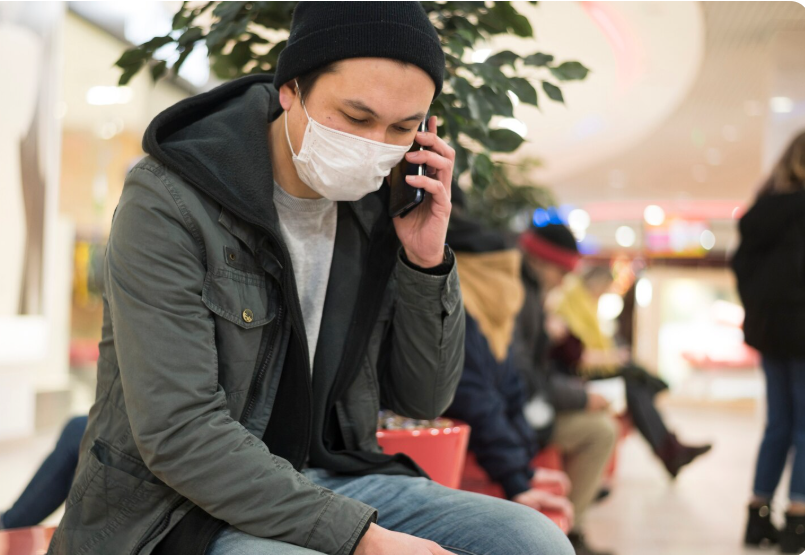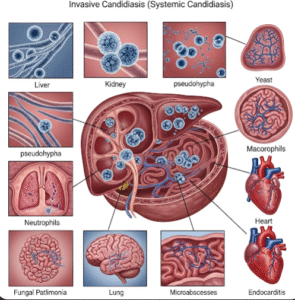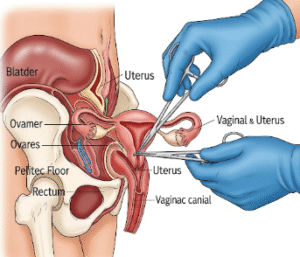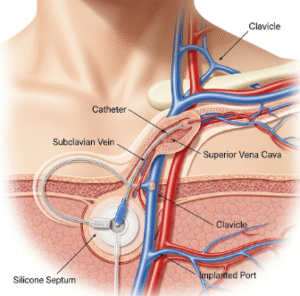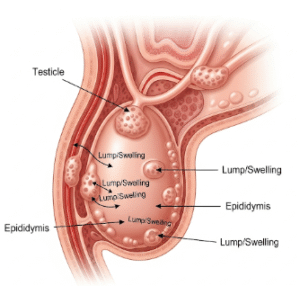Overview
Depression in men is a common yet often underdiagnosed mental health condition in Korea. Cultural expectations regarding masculinity and stigma around mental illness can delay help-seeking, increasing the risk of severe symptoms, social isolation, and suicide. Mental health awareness programs and specialized psychiatric services are increasingly addressing male depression across hospitals and community centers in Korea.
What is Depression in Men?
Depression in men is a psychiatric disorder that affects mood, thought patterns, behavior, and physical health. Men often display depression differently from women, sometimes showing irritability, anger, substance abuse, or risk-taking behaviors rather than openly expressing sadness. Early recognition and treatment are critical to prevent long-term consequences.
Symptoms
- Persistent sadness or low mood (may be less apparent)
- Irritability, frustration, or anger
- Loss of interest in work, hobbies, or social activities
- Fatigue or decreased energy
- Sleep disturbances (insomnia or early awakening)
- Changes in appetite or weight
- Difficulty concentrating or decision-making
- Substance abuse (alcohol or drugs)
- Social withdrawal and isolation
- Thoughts of self-harm or suicide in severe cases
Causes
- Genetic predisposition or family history of depression
- Neurochemical imbalances (serotonin, dopamine, norepinephrine)
- Hormonal changes, chronic illnesses, or medical conditions
- Stressful life events such as work pressure, financial difficulties, or relationship problems
- Cultural and societal expectations that discourage emotional expression
Risk Factors
- Family history of depression or mental illness
- Chronic medical conditions (heart disease, diabetes, chronic pain)
- Substance abuse or alcohol dependence
- High stress from work, social, or family obligations
- Social isolation or poor support networks
- Previous episodes of depression or anxiety disorders
Complications
- Increased risk of suicide (higher in men than women in Korea)
- Chronic functional impairment in work and relationships
- Substance abuse and dependence
- Physical health decline due to neglect or comorbidities
- Strain on family and social relationships
Prevention
- Early mental health screening for men, particularly in high-stress professions
- Reducing stigma through education and awareness campaigns
- Maintaining strong social support networks
- Healthy lifestyle habits: regular exercise, adequate sleep, and balanced diet
- Stress management and coping strategies (mindfulness, therapy, relaxation techniques)
Treatment Options in Korea
- Diagnosis
- Psychiatric evaluation using DSM-5 or ICD-10 criteria
- Screening tools such as PHQ-9 or Beck Depression Inventory (BDI)
- Blood tests to rule out medical conditions affecting mood
- Medical Treatments
- Antidepressants: SSRIs, SNRIs, or tricyclic antidepressants
- Augmentation therapy for treatment-resistant cases (lithium, antipsychotics)
- Hospitalization for severe or suicidal patients
- Psychological Therapies
- Cognitive Behavioral Therapy (CBT)
- Interpersonal Therapy (IPT)
- Stress management programs and group therapy
- Rehabilitation & Support
- Community mental health centers for outpatient counseling
- Peer support groups and family education programs
- Workplace mental health programs to reduce stigma and encourage treatment

